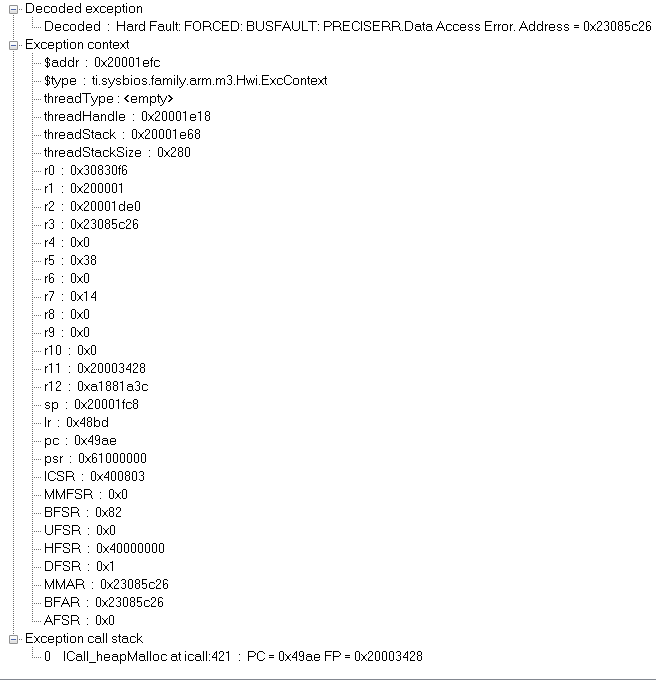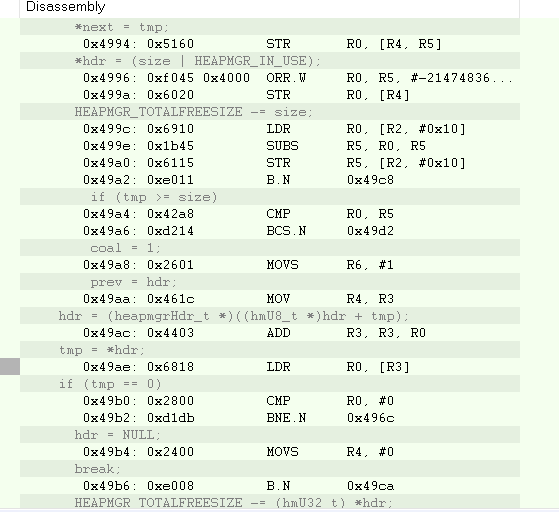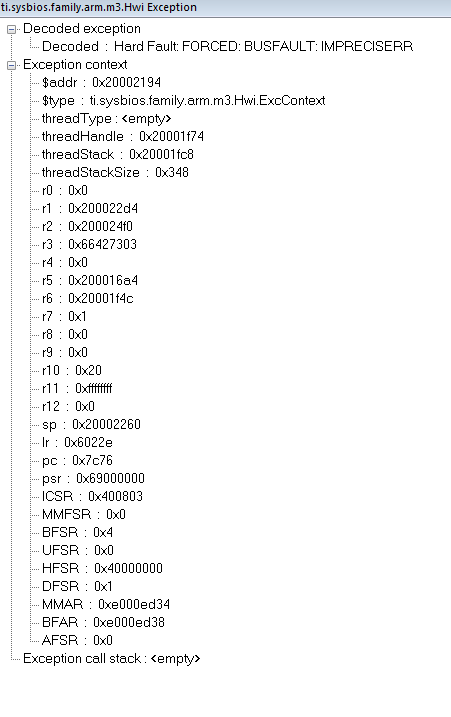Other Parts Discussed in Thread: BLE-STACK
Tool/software: TI-RTOS
Hi all
I've started from the ble_peripheral project (SDK 2.40.00.32 on CC2640R2F) trying to make a voice enabled remote control. I successfully added the hiddev profiles and keys are successfully sent but I fail when adding the audio profile. I added the PDM driver, and everything. It seems that the PDN Driver does init and open correctly the PDM driver, the PDMCC26XX_startStream function is successfull but on the master side I am only receiving the Start command, but no stream and the remote is freezing right away.
To add the voice feature I copied (and adapted so it can compile) the hid_adv_remote project I found on the example pack (1.50.00.62)
Do you have any idea what I'm doing wrong here?
Thanks in advance,




